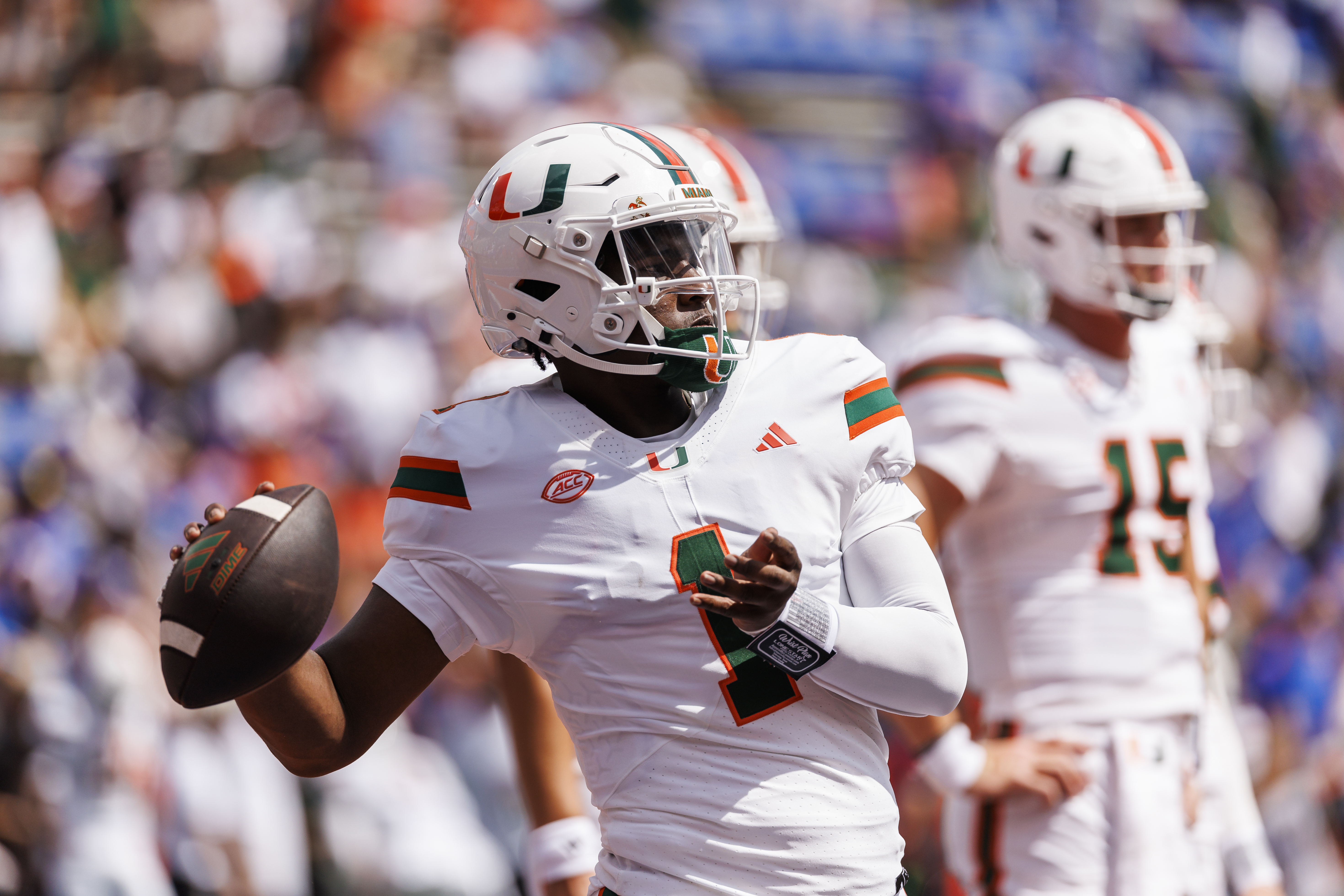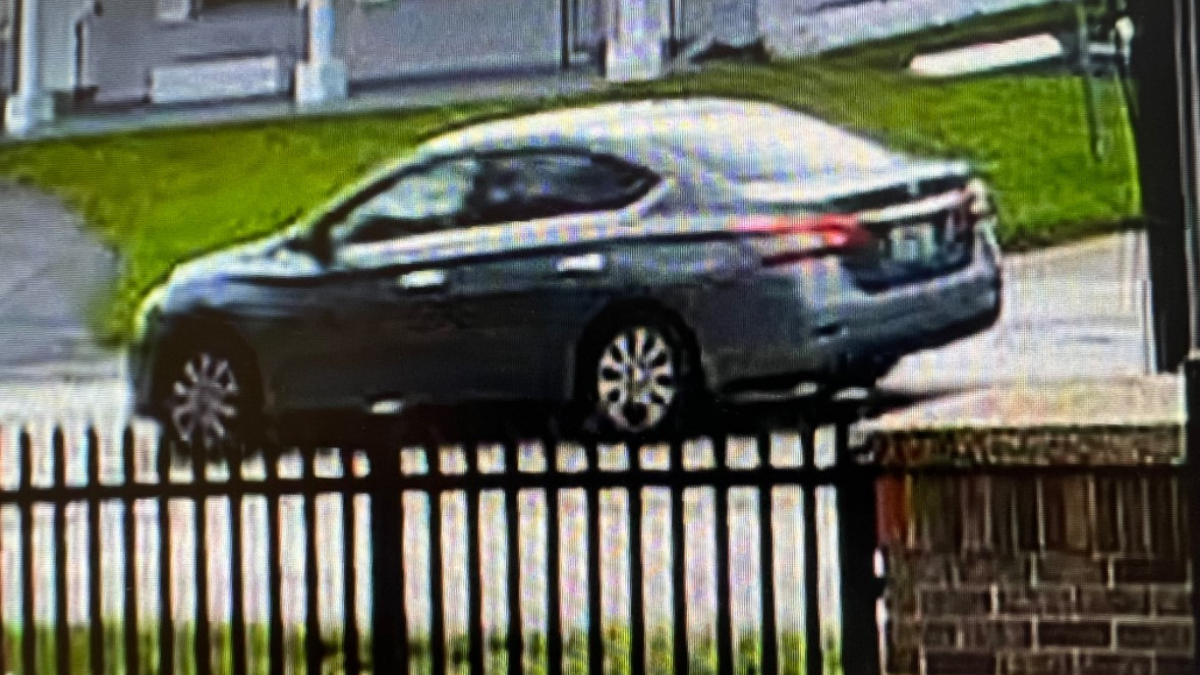Florida Gov. Ron DeSantis is telling demonstrators who are protesting in support of the Cuban people to stop blocking traffic on the state's roadways.
"We can't have that, it's dangerous for you to be shutting down a thoroughfare, you're also putting other people in jeopardy," DeSantis said at a news conference in Miami Thursday. "You don't know if an emergency vehicle needs to get somewhere. And then obviously it's just disrespectful to make people stand in traffic."
DeSantis' comments came after two Florida men were arrested during a protest and were facing charges related to the state's new anti-riot law.
Julian Rodriguez-Rodriguez, 30, Maikel Vazquez-Pico, 39, were among those arrested Tuesday night as a group of protesters attempted to take over an exit ramp at Interstate 275 and Dale Mabry Highway, which is a major thoroughfare in Tampa.
The Hurricane season is on. Our meteorologists are ready. Sign up for the NBC 6 Weather newsletter to get the latest forecast in your inbox.
Both were arrested on charges that include battery on a law enforcement officer, resisting law enforcement and taking part in an unlawful assembly that blocked streets or sidewalks, records show.
DeSantis signed into Florida law a measure earlier this year that boosts penalties against demonstrators who turn violent and creates new criminal penalties for those who organize demonstrations that get out of hand. Provisions of the law also make it a felony to block some roadways and provides an affirmative defense in a civil action for drivers who feared for their safety and hit protesters with their cars.
The bill was introduced after last summer’s protests for racial justice during which some Black Lives Matter protesters were met by police with tear gas and arrests when they took to the streets for days at a time.
Local
DeSantis said Thursday that protesters blocking roadways was illegal before the bill's passage, and applauded authorities for clearing the Cuba protesters off the roadways.
"Understand, that's been illegal in Florida way before HB 1, it's not something that we're gonna tolerate," DeSantis said. "The law enforcement did the right thing to clear it, and that's just something that we can't have. There's nothing wrong with doing peaceful demonstrations, and HB 1 had nothing to do with peaceful."
The men were being held without bond in the Hillsborough County Jail early Thursday.
A third man, 34-year-old Evelio Ramirez-Carrasco of Tampa, also was arrested on charges of unlawful assembly and resisting a law enforcement officer without violence — both misdemeanors — in connection with the protests. Ramirez-Carrasco was given a notice to appear in court, records show.
Protesters blocked the Palmetto Expressway near Hialeah for about 30 minutes Wednesday night, news outlets reported. On Tuesday, they blocked the same highway for hours during the rainy rush hour.
During a roundtable about Cuba in Miami on Tuesday, DeSantis said the demonstrations in South Florida, and other parts of the state, were “fundamentally different than what we saw last summer.”
On Thursday, DeSantis also made a distinction with the Wednesday demonstration outside Cafe Versailles in Miami.
"The Cuban Americans who were out demonstrating at Versailles, they're not violent, those aren't riots, they're out there being peaceful and they're making their voice heard and we support them and their ability to do that, but it can't be where you shut down commerce or you shut down the ability to use these arteries," DeSantis said. "It's very important that people are able to get [around], especially in a place like Miami, where the traffic can be really bad. You never know, someone may need to get to a hospital or something like that."
The governor’s spokesperson, Christina Pushaw, said he had signed the “anti-riot” law to empower law enforcement to protect and serve the people of Florida. In an email to The Associated Press, she pushed back against assertions that political ideology could create inequities in the application of the law and the Republican governor would have a hand in deciding which protesters or causes would be subject to the new law.
“It is not the Governor’s job to arrest or decline to arrest any citizen for any reason; that is the responsibility of law enforcement in each jurisdiction," she said. "The Governor does not tell law enforcement how to do their day to day jobs. However, it should go without saying that anyone who breaks the law is subject to arrest.”
Pushaw pointed out that blocking roadways without a permit was illegal long before the new law, and law enforcement agencies across the state have discretion to enforce the law in a way to ensure public safety.
In Tampa on Tuesday evening, police used a public address system to order the crowds to disperse. About 45 minutes later, Vazquez-Pico and Rodriguez-Rodriguez tried to walk onto the interstate from entrance ramp, according to the arrest report.
Rodriguez-Rodriguez put an officer into a bear hug as the officer was trying to arrest another protester, according to an arrest report. He then punched an officer in the face, breaking his glasses as the officer tried to arrest him, the report said. He continued to resist arrest until he was placed in handcuffs.
It was not immediately known whether the two men have lawyers who can speak on their behalf.
___
Frisaro reported from Fort Lauderdale, Florida.



